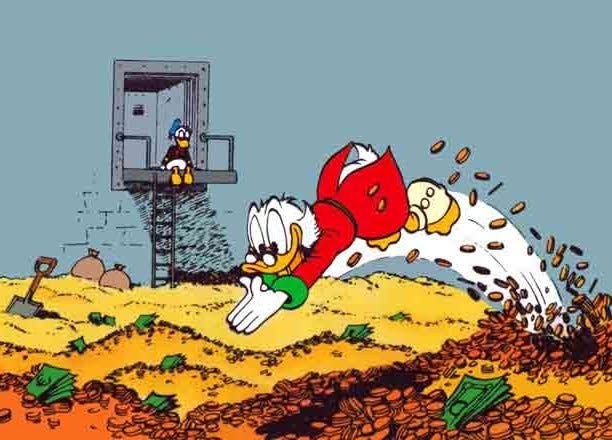Fifty-two years ago, man first landed on the moon. If you want some idea of the scale of that accomplishment, remember that man first flew in a heavier-than-air vehicle just 66 years before that, and commercial aviation began only about 40 years earlier. The first manned spaceflight was in 1961.
And today, there are people complaining about three very rich men who are once again planning to make spaceflight a regular occurrence, with plans for a return to the moon and eventually land on Mars. "Why aren't these billionaires using their money to solve world hunger, or homelessness, or climate change or whatever major problem is at the top of their list?" these people ask. Of course, the solutions to those problems are infinitely (and I mean that literally, infinitely) more complex than simply being able to reach escape and orbital velocity. They require cooperation among national governments, aid organizations, and massive bureaucracies. Merely throwing money at these problems will not result in them going away.
Richard Branson, Jeff Bezos, and Elon Musk are not statesmen or diplomats; they are very very wealthy businessmen. And, as I have frequently noted in conversations with friends and acquaintances. their wealth is not like that of Scrooge McDuck. It does not consist of a huge vault filled with coins and paper money, in which they can go swimming for amusement. It is in the form of investments in their own companies and others. To access it in the way these people would like would require the dismantling of those businesses, probably putting a significant number of their employees out of work.
Even when the government broke up the big trusts of the early 20th century--Standard Oil, US Steel--it did not insist that the owners give away their fortunes. It simply required that the wealth be spread around to other businessmen to foster competition. If that's what you wish, then say so.

No comments:
Post a Comment